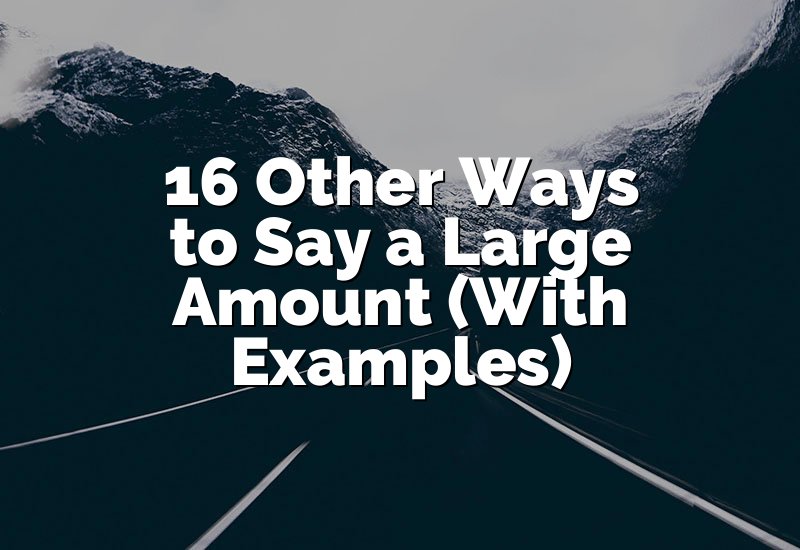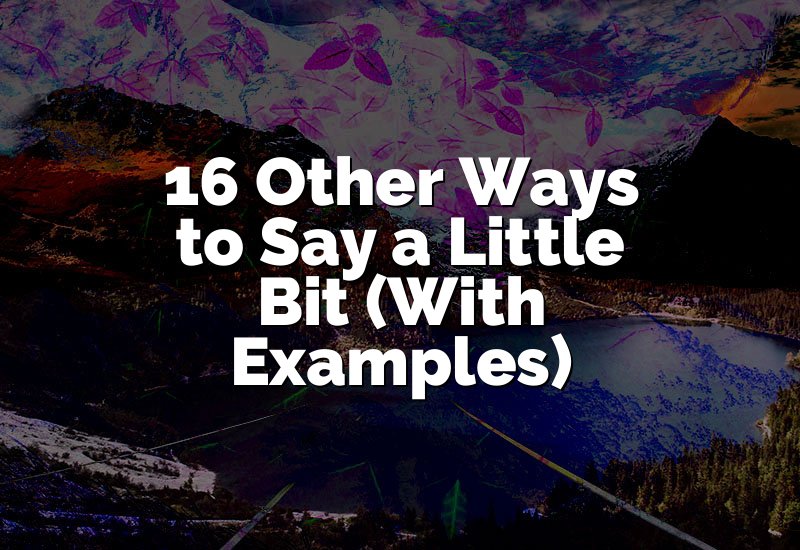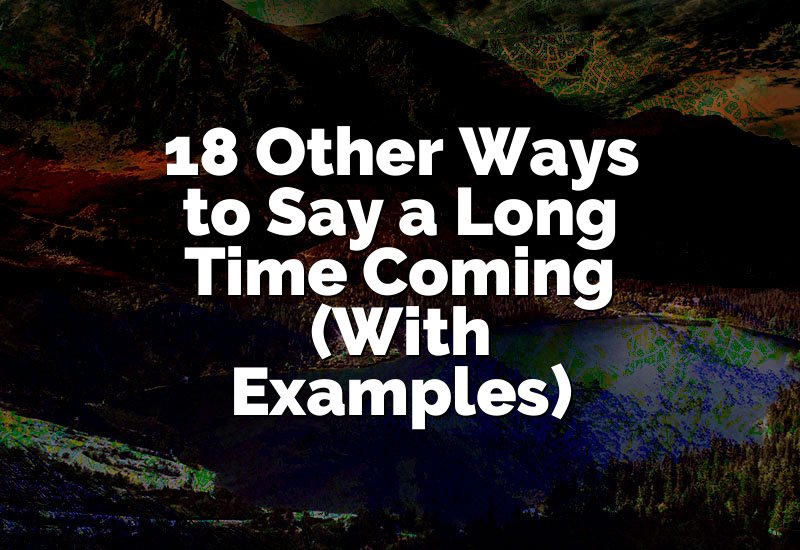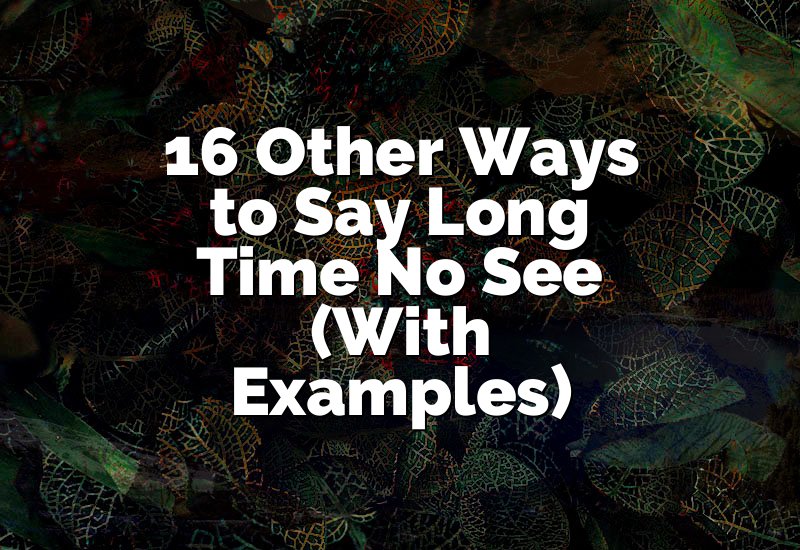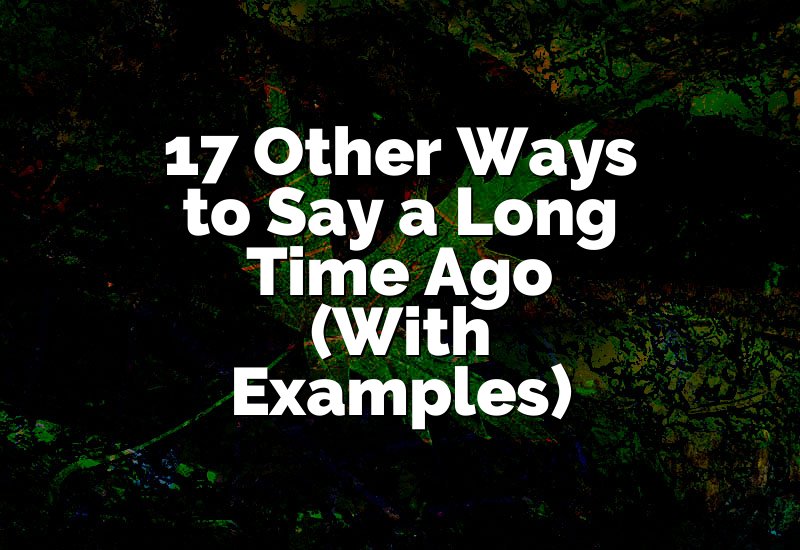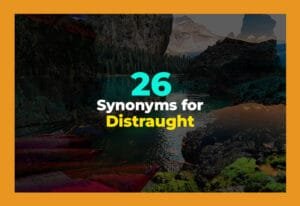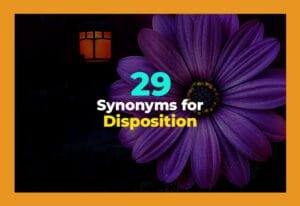You want to make your writing better, right? You can do that by using different words instead of saying ‘assemble’ again and again. Words like gather, collect, join, and unite make your writing more interesting and clear. These synonyms are easy to use and sound more natural in many situations.
1. Gather
Gather means to bring things or people into one place. It is a simple and friendly word. You can gather your friends for a party, or you can gather flowers from a garden. This word is often used when you want to show that things are coming together in one spot. For example, ‘We gathered around the campfire to tell stories.’ It also means to collect something over time. A teacher may gather students for a lesson. You can also gather your thoughts before speaking. This word is very useful and common in daily life.
2. Collect
Collect means to take things or people from different places and bring them together. This word is often used when you are talking about gathering items. For example, ‘She collects coins from around the world.’ It can also mean bringing people together, like ‘The manager collected the team for a meeting.’ Collect is often used when something is picked up with care or for a purpose. It is helpful when talking about both physical things and people. You can collect your belongings before leaving or collect ideas for a project. It shows action and purpose.
3. Join
Join means to become part of something or to connect two things. You can join a group, a game, or even two pieces of wood. For example, ‘I joined the football team last month.’ It also means bringing two or more things together so they make one. You might say, ‘Join the wires to complete the circuit.’ Join is a friendly word that works in many places. You join people when you become a member of something. You join parts when building something. It always means connection or becoming one with something else.
4. Meet
Meet means two or more people coming together, either by plan or by chance. It is often used in social settings. For example, ‘Let’s meet at the park at 4 PM.’ It can also mean coming together for work, school, or fun. Meeting someone can also mean seeing them for the first time, like ‘I met my teacher yesterday.’ This word is easy and used in many daily situations. Meet shows people coming face-to-face or sharing time and space. It is not just about a place, but also about making a connection.
5. Group
Group means to arrange people or things together based on something they share. You can group friends for a game or group books by color. For example, ‘Please group the students into teams of four.’ It helps to organize and manage things better. Grouping makes it easy to understand or handle many items at once. You can also say, ‘The kids grouped around the storyteller.’ This word is great when talking about putting things in order or bringing people together for one goal. It means forming a clear set of items or people.
6. Bring together
Bring together means to make people or things come into one place or group. It often shows effort or planning. For example, ‘The teacher brought together all the students for a class photo.’ You can also use it for ideas or plans. ‘The event brought together artists from around the country.’ This phrase is useful when you want to show that someone is helping others connect. It also shows unity and teamwork. Bring together is often used in special moments when people come together for a reason or goal.
7. Put together
Put together means to build something by joining parts. It can also mean creating something new by using ideas or materials. For example, ‘We put together a desk from the pieces.’ It also works for plans or events, like ‘She put together a fun birthday party.’ It shows effort, planning, and combination. This phrase is very flexible. You can use it when making anything from furniture to a story. It is often used when many parts are made into one whole thing. It gives the idea of creation and teamwork.
8. Combine
Combine means to mix or join two or more things to make one. For example, ‘Combine the eggs and milk in a bowl.’ It is used in cooking, science, and even in teamwork. You can combine ideas for a better plan. ‘Their skills combined to make a great team.’ It shows the power of unity. Combine is often used to show that together is better than separate. It means joining forces or materials to create something useful or strong. It helps in showing how things work well when mixed.
9. Unite
Unite means to come together and become one. It is a strong word that shows deep connection. For example, ‘The two teams united to help the community.’ It is often used in serious or emotional ways, like countries uniting or families uniting after many years. It shows not just coming together but staying together for a common reason. Unite is a word full of power, showing love, teamwork, and shared goals. You can say, ‘Let us unite for peace.’ It brings people or ideas into one strong group.
10. Merge
Merge means two or more things becoming one. It is often used in business when two companies become one company. For example, ‘The two banks merged last year.’ It can also be used for roads or ideas. ‘The small stream merged with the big river.’ Merge means a smooth joining, not forced. It shows flow and blending. When you merge things, they lose their separate forms and become part of one whole. This word is clear and useful in many fields, including business, writing, and daily life.
11. Rally
Rally means to come together to support a cause or get ready for action. It often shows excitement or energy. For example, ‘Fans rallied behind their team.’ You can also say, ‘They rallied to clean up the beach.’ Rally is also used when people come together in hard times to help or show support. It is a word full of movement and emotion. Rally is strong and hopeful. It means people are not just gathering, but doing something meaningful together. It shows unity and spirit.
12. Convene
Convene means to call people together for a formal meeting. It is often used in business, school, or law. For example, ‘The committee will convene tomorrow to talk about the new plan.’ It is more formal than ‘meet’ but means the same basic thing — people coming together to talk or decide something. Convene shows planning and purpose. It is not used for casual meetings but for serious or organized events. This word works well when you want to sound more formal or professional.
13. Cluster
Cluster means things or people coming close together in a small group. For example, ‘The stars clustered in the night sky.’ You can also say, ‘The students clustered around the teacher.’ It shows that something is not just gathered, but gathered tightly. Cluster is often used when things are naturally close. It gives a picture of closeness and small groups. It is useful when talking about objects, people, or ideas. Cluster gives a visual of things sticking together in a group.
14. Converge
Converge means to move toward the same point or place. For example, ‘The roads converge at the city center.’ It is used when people or things come from different places but meet in one spot. You can also say, ‘The ideas converged into one big plan.’ This word is a bit more formal and shows unity from many directions. Converge is useful in both real and idea-based talks. It shows focus, direction, and unity in movement.
15. Build
Build means to make something by putting parts together. You can build a house, a chair, or a team. For example, ‘They built a small cabin in the woods.’ It also means to grow something step by step. ‘She built a good name in the company.’ Build is about effort and time. It shows that something strong or useful comes from smaller parts. It is a helpful word for both real and idea-based actions. It always shows progress.
16. Form
Form means to create or shape something. You can form a group, an idea, or even a new habit. For example, ‘The workers formed a new team.’ It shows that something is being made by bringing together different parts. Form also means to give shape or make something real. It can be used for people or things. It is simple and easy to use. It helps to show change and creation. Form is about making something out of nothing or from many pieces.
17. Collect up
Collect up means to pick up things and bring them together. It is often used for small, simple tasks. For example, ‘Please collect up the papers before you leave.’ It is casual and friendly. It shows that you are gathering things in one place. It is often used in home or school settings. It is easy to say and understand. Collect up is useful when asking someone to help or organize. It is simple, clear, and polite.
18. Aggregate
Aggregate means to bring things together into a total or group. For example, ‘The scores were aggregated to find the winner.’ It is mostly used in math, business, or data work. Aggregate is a more formal word. It shows that many small parts are now seen as one big result. It is not used in daily talk much, but it is very helpful in reports or study. It gives a sense of order and summary.
19. Summon
Summon means to call someone to come, often in a serious or formal way. For example, ‘The boss summoned the team for a meeting.’ It also sounds strong or powerful. It can even be magical, like in stories, ‘The wizard summoned a dragon.’ It means bringing someone or something quickly and with purpose. Summon is more formal than ‘call’ and shows importance or urgency. It is a strong word for special situations.
20. Mobilize
Mobilize means to get people or resources ready for action. For example, ‘The school mobilized students to help after the storm.’ It shows planning and movement. It is used for both military and community actions. Mobilize is useful when talking about people coming together to do something. It means more than just gathering. It means gathering with purpose and speed. It is full of action and teamwork.
21. Muster
Muster means to gather people, usually for a check or task. It is often used in the army. For example, ‘The captain mustered the soldiers at dawn.’ It can also be used for courage or strength. ‘She mustered the courage to speak up.’ Muster is about bringing things together for use. It shows readiness and effort. It is helpful when talking about groups or emotions.
22. Round up
Round up means to gather people or animals into one place. For example, ‘The cowboy rounded up the cattle.’ It is often used in farming or with groups. It can also be used in casual ways. ‘Let's round up the kids and go home.’ Round up is active and visual. It shows gathering with action and care. It is clear and simple to understand.
23. Corral
Corral means to gather and keep animals or people in one place. For example, ‘They corralled the sheep into the pen.’ It is mostly used for animals, but can be used for people too in casual ways. ‘The teacher corralled the students into the classroom.’ It shows effort to keep a group together. It is often used when there is movement and control.
24. Hoard
Hoard means to collect and keep a lot of things, usually more than needed. For example, ‘He hoarded food during the storm.’ It often shows fear or greed. It is not always a good thing. People hoard when they are scared to lose things. It can be used in stories or news. Hoard shows collecting in a secret or selfish way.
25. Collectively meet
Collectively meet means to come together as a group to talk or act. For example, ‘The workers collectively met to decide on the strike.’ It shows people meeting with one goal or idea. It is used in formal or team settings. It is helpful when talking about group work. It is more about unity than just being together.
26. Convene
Convene again means to bring people together for a meeting. It is a formal word. For example, ‘The leaders will convene next week.’ It shows planning and purpose. It is often used in law, school, and government. It shows something important is about to happen. It gives the feeling of order and planning.
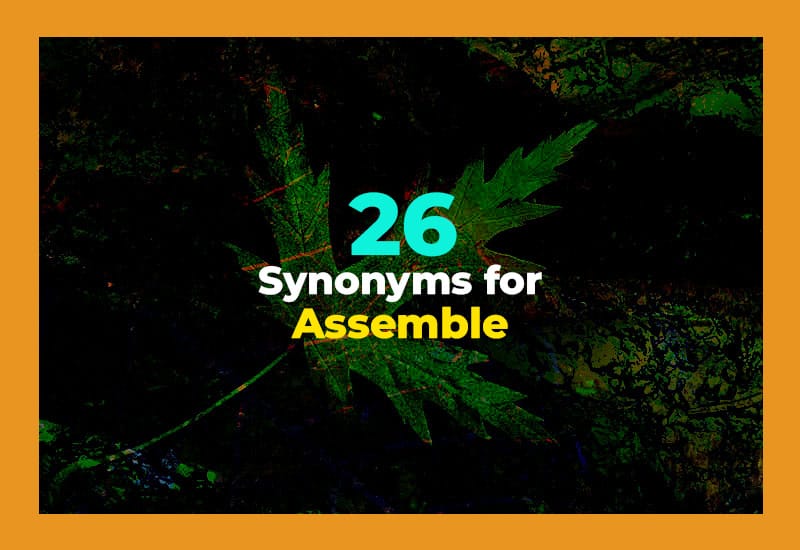
Final Thoughts
You now know 26 easy and clear words to use instead of ‘assemble’. These synonyms help you speak and write better, with more choices and better meaning. Whether you are talking about people, ideas, or things coming together, the right word is here. Use them with confidence and see the difference.


